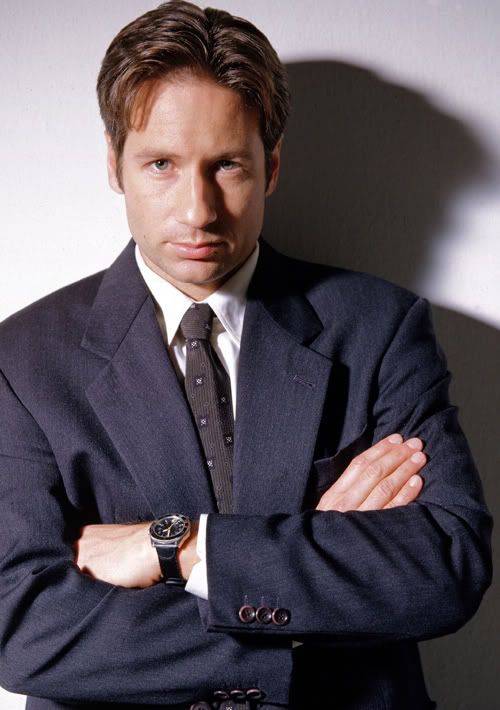Steven Soderbergh's film Kafka uses recurring themes to create a harrowing mystery. Alienation, Absurdism, and Anxiety are such prevalent themes that are found in both Kafka's novels and in Soderbergh's interpretation. The main character in the film is a fictional version of Franz Kafka (Jeremy Irons), also sharing the author's former job as an insurance agent as well as a writer. Throughout, Kafka is unraveling a growing conspiracy and is being pulled in two conflicting directions. Kafka can decide whether to pursue the truth about his friend's death or continue living his quiet life.
The death of his friend and his subsequent investigation becomes more than an unsolved murder to Kafka. He is actually pursuing the truth in the world he is living in. The truth, though very intriguing and new to Kafka, also poses its unique risks. Because of these risks, he must decide whether learning the truth is worth dying for. This conflict of finding out the grand plan behind his friend's death is met with an equal pull to drop all of it and continue living a quiet, if not isolated, life.
The conflicting need to keep to himself is more to Kafka than just that. Kafka knows he must make sacrifices to uncover the murder and learn the truth. On the other hand, if he were to leave the conspiracy and intrigue alone, he would be willing to make himself ignorant to the dangers this hidden plot brings. So, by association, uncovering the death equals truth to Kafka and ignorance of the world around him means living a nice life.
This conflict continues on even after Kafka believes the worst is over. After seeing a colleague's death at the hands of the conspirators, Kafka chooses to act in ignorance by claiming she committed suicide when he well knows she was killed. Yet, Kafka later says, "Better to know the truth than to live in ignorance. I can no longer deny that I am part of the world around me." This situation that Kafka has gone through, along with his conflicting feelings on how to go about it, has left him with a bad cough. The world is breaking Kafka down, weakening him, and he now knows that the world is not so clear cut.
The film, being black and white the whole time, becomes color only for the scenes in the conspirator's castle. This is the point where Kafka learns the truth, that not everything is black and white. Once he escapes the castle however, his world becomes black and white again. Truth connects to color, the whole spectrum of everything, and for Kafka's world to be black and white once more means that the conflicting decisions are done, and he is choosing to accept ignorance.
Monday, November 5, 2007
Subscribe to:
Post Comments (Atom)

No comments:
Post a Comment